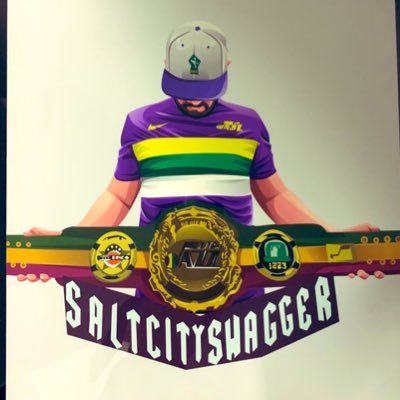
Essayful
@Essayful
Followers
8,282
Following
0
Media
466
Statuses
992
Explore trending content on Musk Viewer
Ohio
• 377158 Tweets
Springfield
• 269130 Tweets
Haitians
• 221061 Tweets
#JACKANDJOKEREP1
• 190910 Tweets
EP1 U STEAL MY HEART
• 160650 Tweets
#AppleEvent
• 62420 Tweets
Draghi
• 33047 Tweets
Namaz
• 32198 Tweets
PIERROT
• 16677 Tweets
海ちゃん
• 14264 Tweets
Princess of Wales
• 13188 Tweets
Culiacán
• 12502 Tweets
LISA SOLO 3RD ANNIV
• 11984 Tweets
Big Lots
• 11834 Tweets
Dreamcast
• 10924 Tweets
対象作品
• 10915 Tweets
Cowboy Carter
• 10470 Tweets
$INSDR
• 10218 Tweets
Last Seen Profiles






































































































